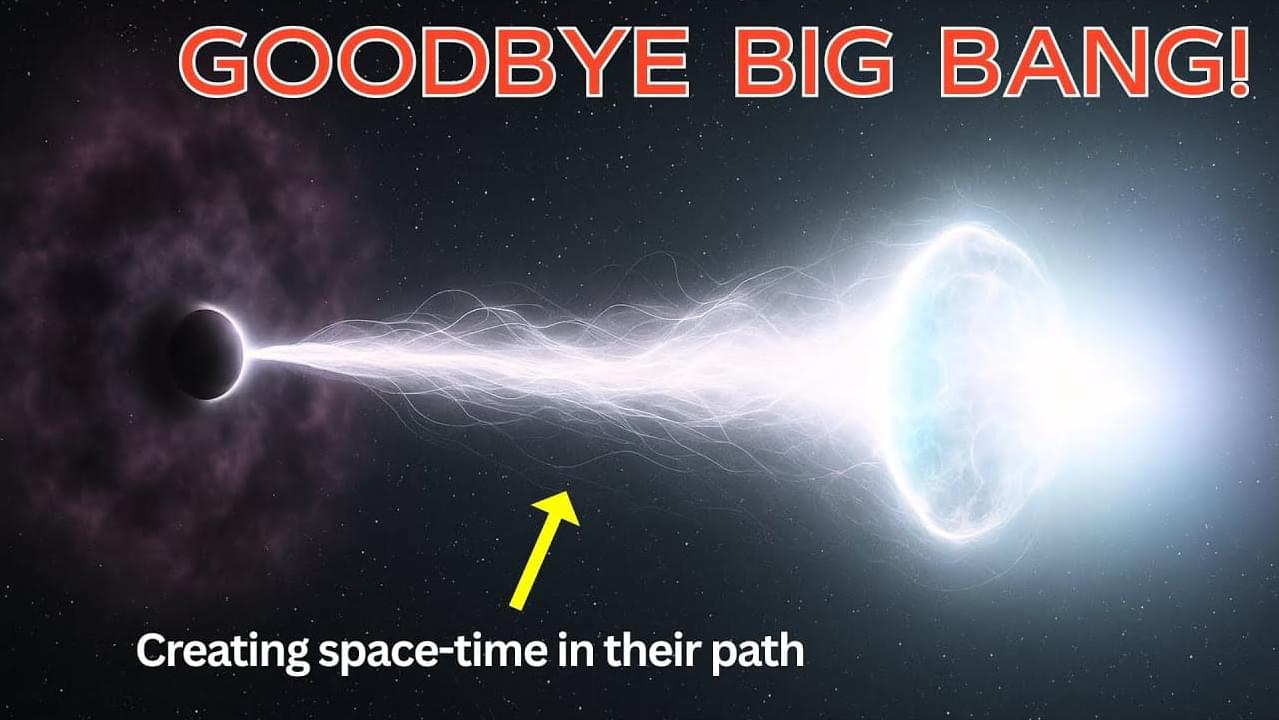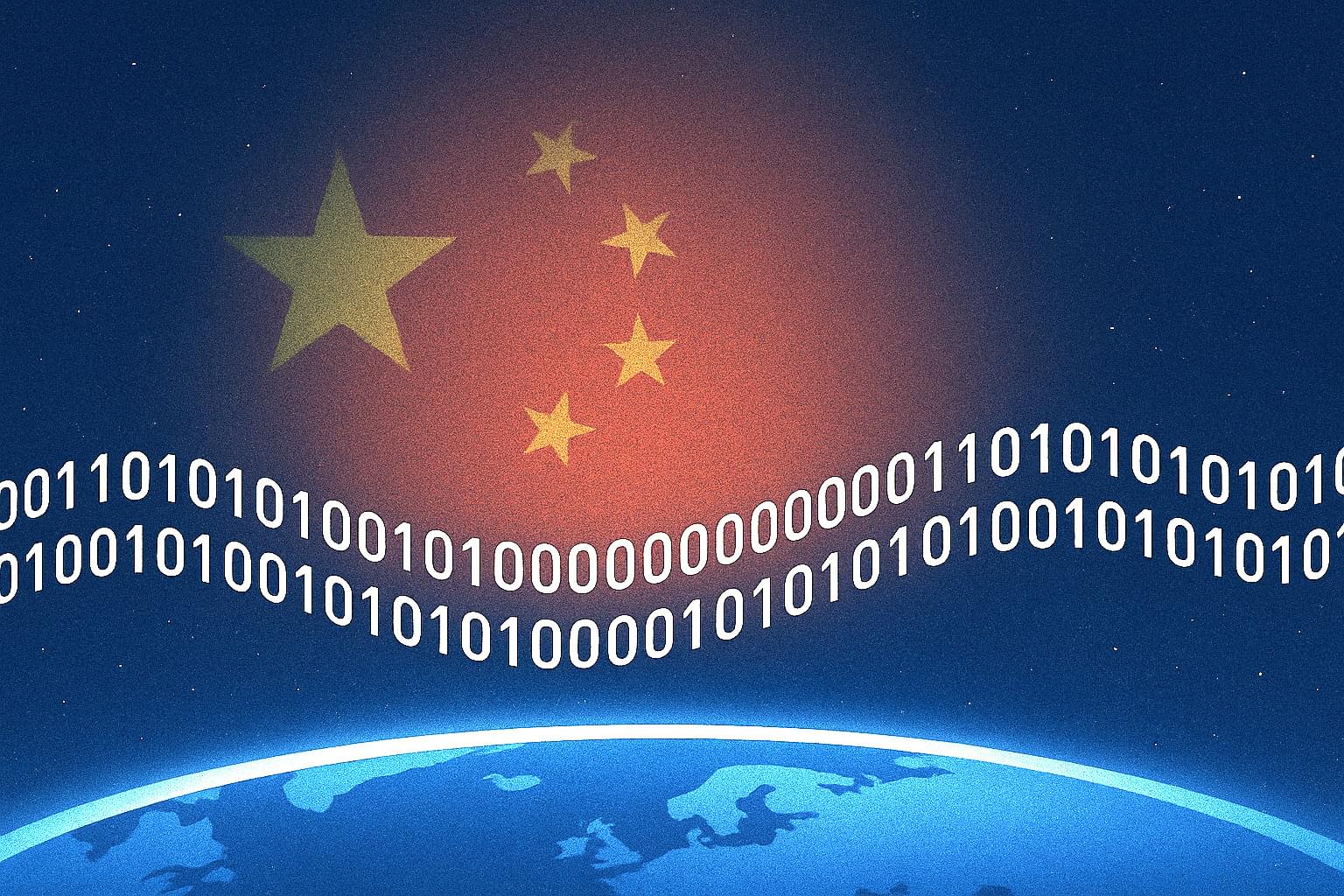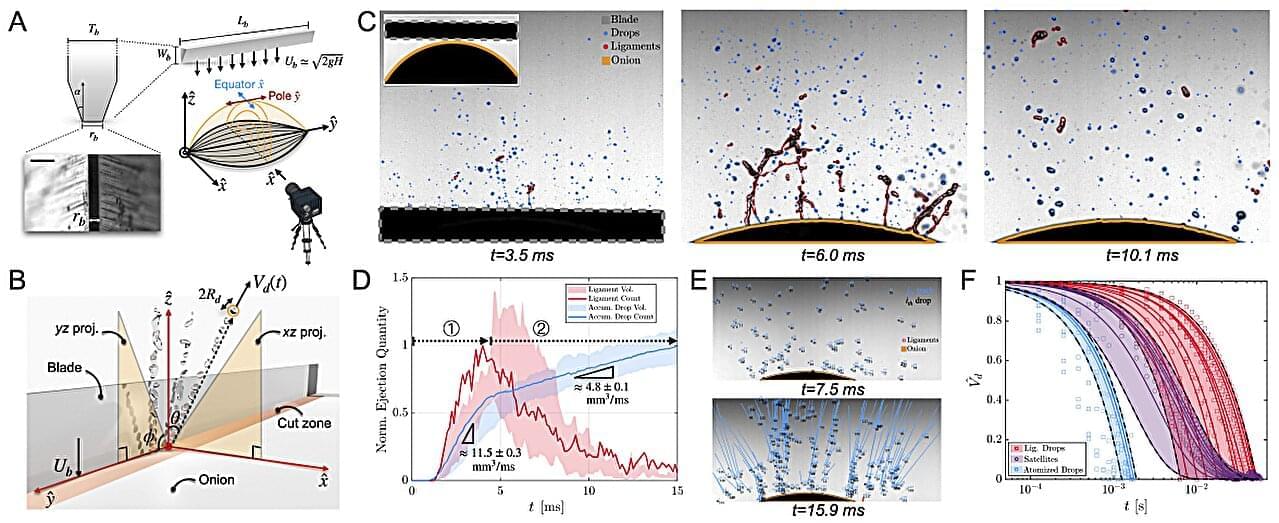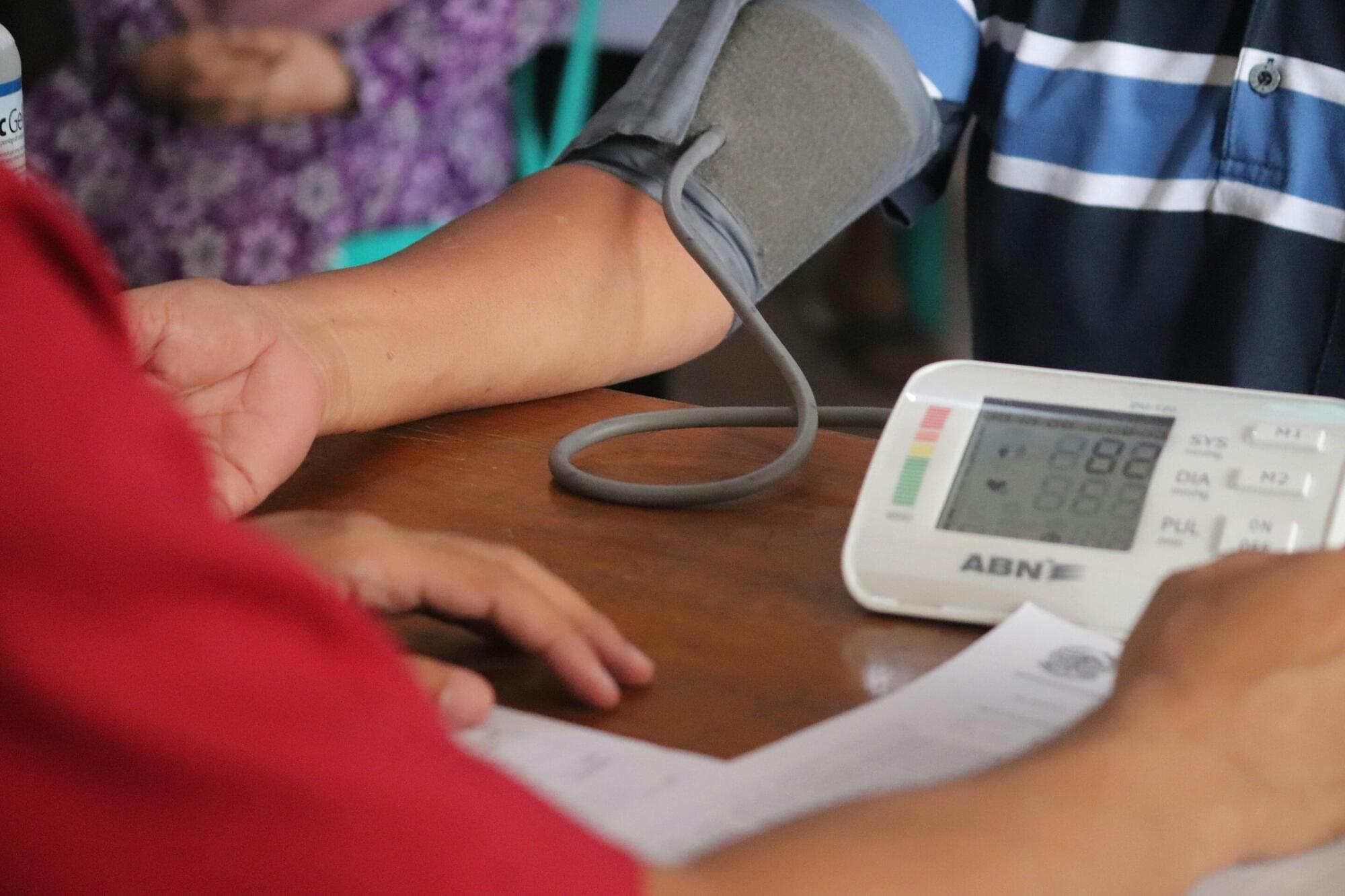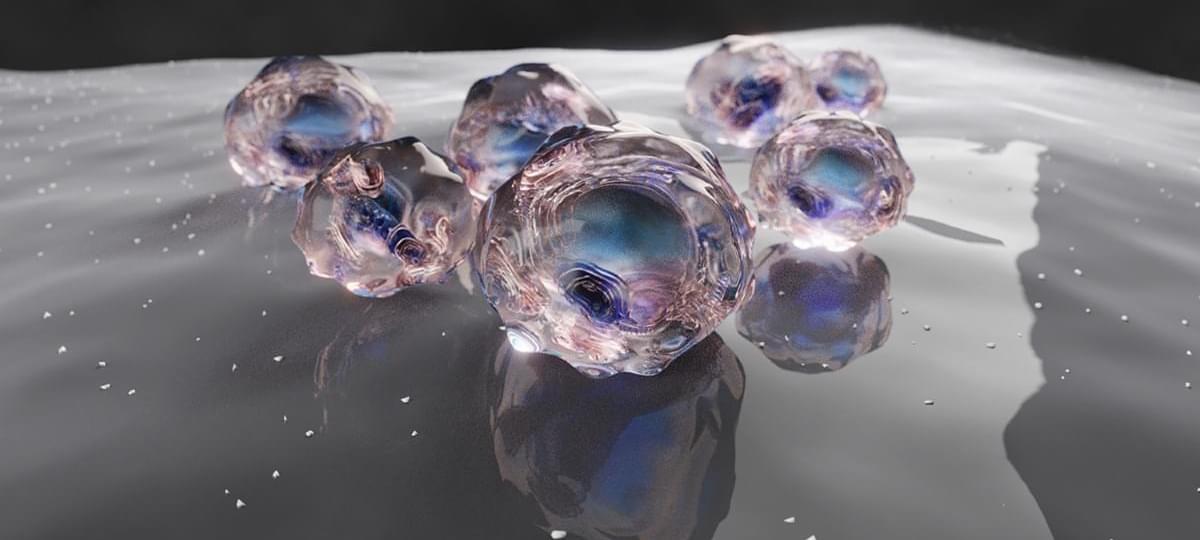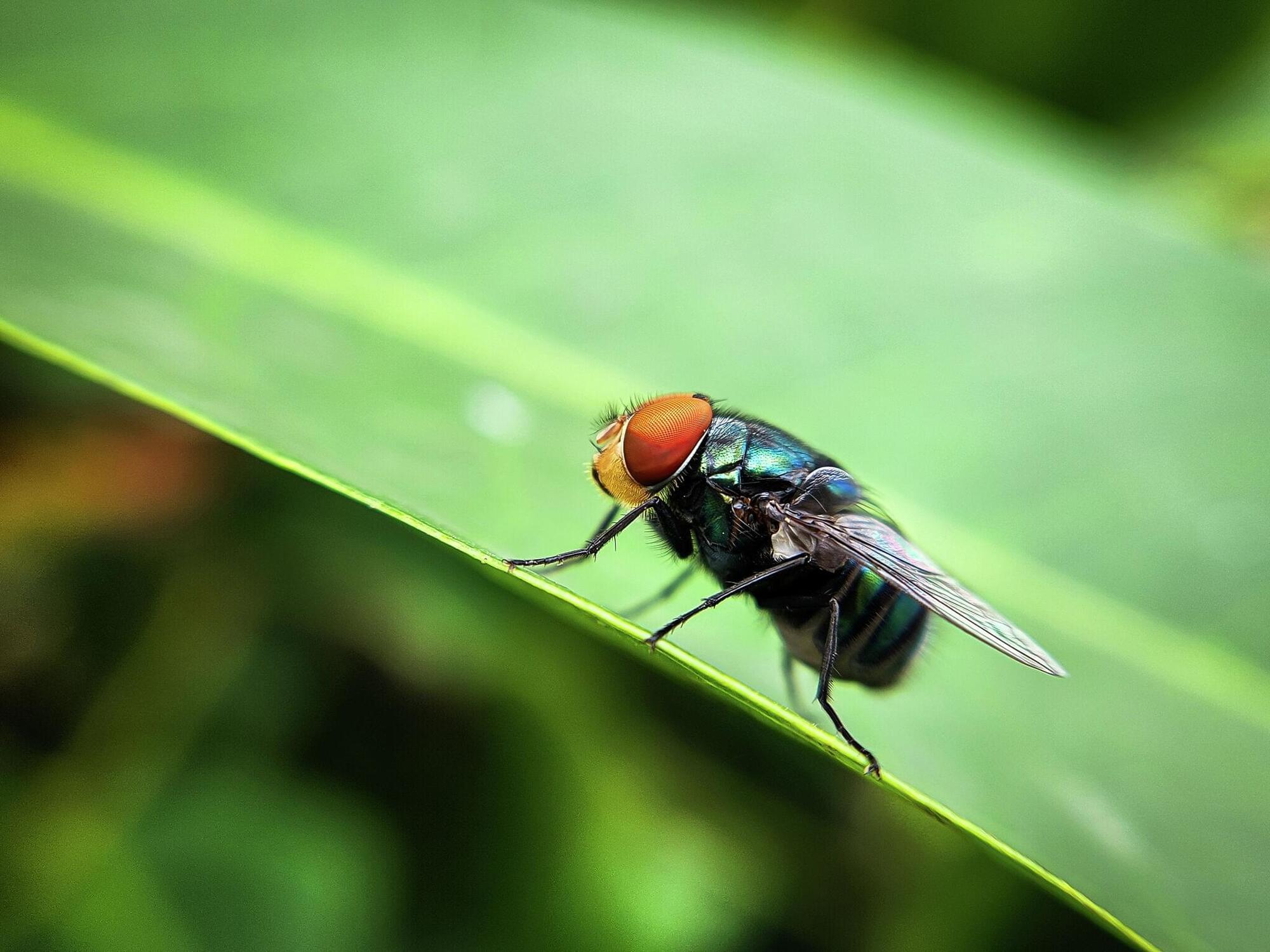Did the universe really start with a Big Bang? Dr. Richard Lieu thinks otherwise. In this episode, we explore his radical theory of transient temporal singularities—bursts that could replace dark matter, dark energy, and even the Big Bang itself. Get ready to rethink the universe.
Paper link: https://arxiv.org/pdf/2503.
Chapters:
00:00 Introduction.
00:43 The Big Bang Under Scrutiny.
04:31 Gravity Without Mass?
07:56 Implications, Related Theories, and the Future of Cosmology.
11:07 Outro.
11:26 Enjoy.
MUSIC TITLE: Starlight Harmonies.
MUSIC LINK: https://pixabay.com/music/pulses-star… our website for up-to-the-minute updates: www.nasaspacenews.com Follow us Facebook: / nasaspacenews Twitter:
/ spacenewsnasa Join this channel to get access to these perks:
/ @nasaspacenewsagency #NSN #NASA #Astronomy #BigBangTheory #RichardLieu #NewCosmology #DarkMatter #DarkEnergy #AlternativePhysics #Astrophysics #SpaceTime #CosmicExpansion #NewScience #CosmologyExplained #ScienceNews #SpaceScience #QuantumGravity #AstroTheory #EinsteinChallenge #MasslessGravity #TemporalSingularity #UniverseOrigin #SpaceUpdate #TimeBurstTheory #BigBangDebunked #ScientificBreakthrough #JamesWebbTelescope #VeraRubinObservatory #PhysicsExplained #ModernCosmology #ScientificTheories #GravityExplained #MindBlowingScience.
Visit our website for up-to-the-minute updates:
www.nasaspacenews.com.
Follow us.
Facebook: / nasaspacenews.
Twitter: / spacenewsnasa.
Join this channel to get access to these perks:
